Blog, News, & Resources
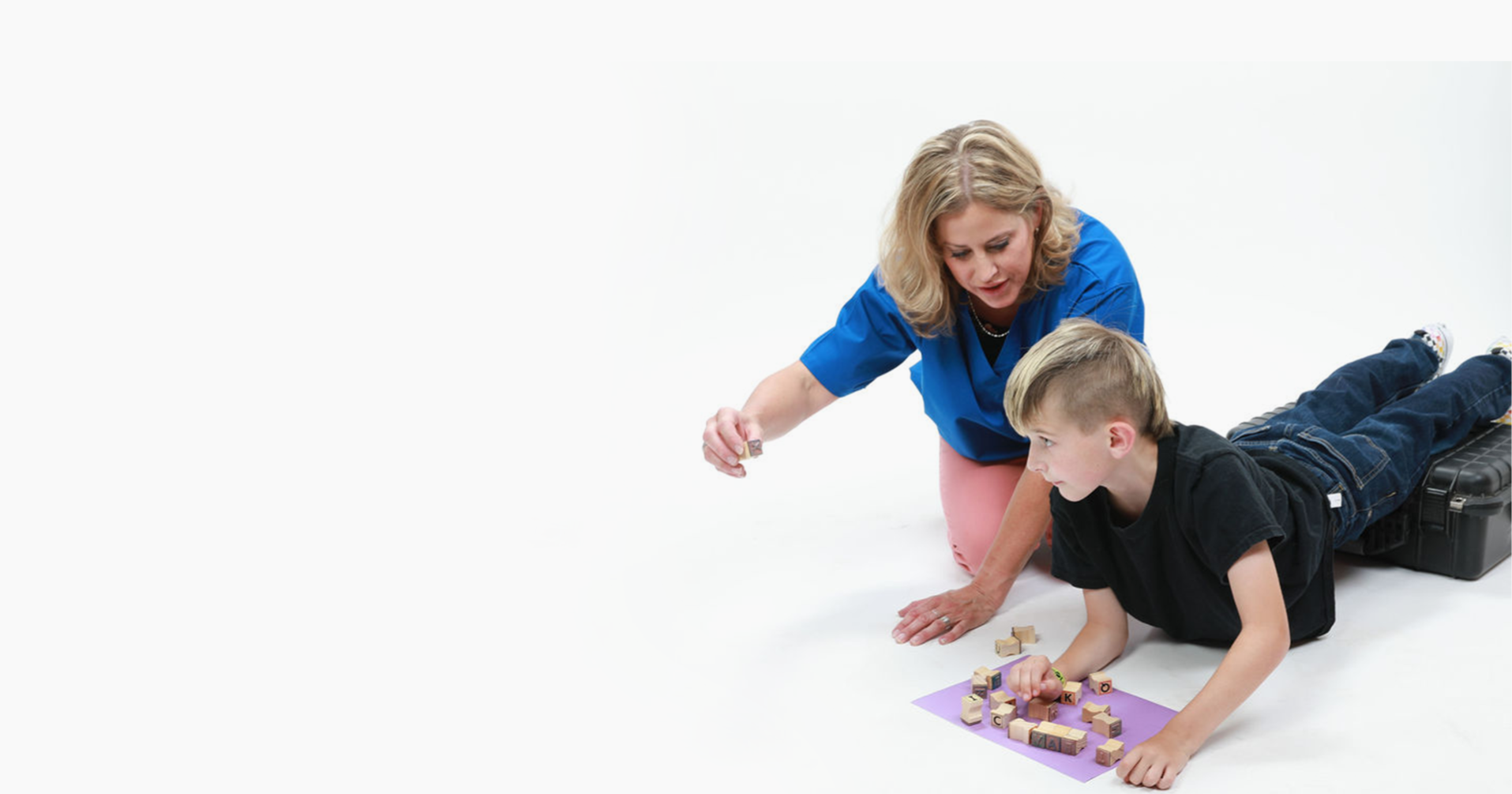
Subscribe to Updates here



- All Categories
- School-Based Services
- Pediatric Therapy
- Nursing Care
- Alzheimer's and Dementia Care
- Occupational Therapy
- Speech Therapy
- Care Options for Kids
- SLP, Speech-Language Pathology, SLPA
- Students
- School District
- Speech-Language Pathologist
- Administration
- Companion Care
- OT
- Washington
- Colorado
- Oregon
- Work-Life Balance
- Arizona
- Family Caregiver Services
- Nurse
- Physical Therapy
- Solace Pediatric Healthcare
- New Jersey
- Family CNA
- Hospital
- In-Home Support Services
- Nurses Week
- Payroll
- School Psychologist
- Florida
- Human Resources
- Idaho
- Talent Acquisition
- Texas
- West Valley School District
- Yakima
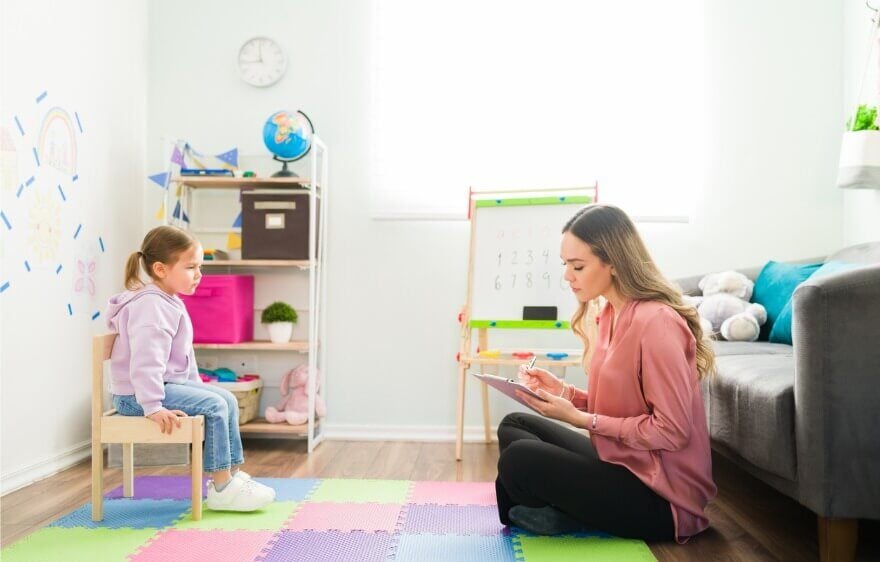
Pervasive Developmental Disorders (PDD)
December 24, 2024
If your child has been diagnosed with a Pervasive Developmental Disorder (PDD), you might have a lot of questions. What exactly does it mean? How...
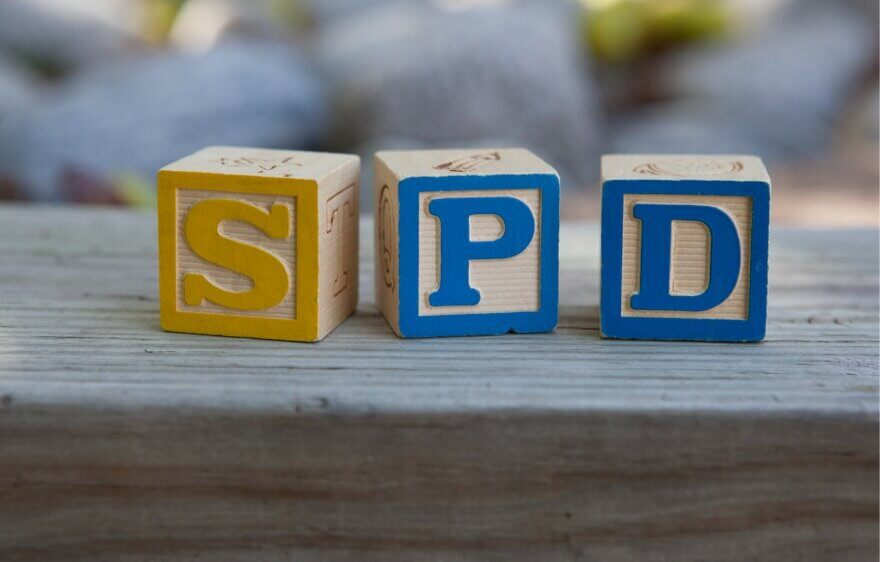
Sensory Processing Disorder (SPD)
December 22, 2024
Is your child sensitive to sounds, picky about clothing textures, or prone to meltdowns in bustling places? It could be more than just a preference...
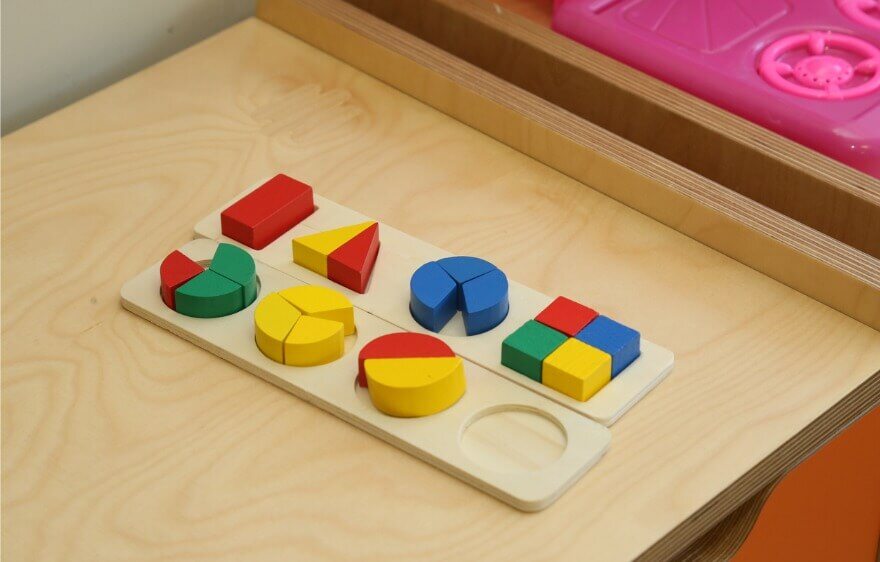
Fine Motor Skills Toys
December 20, 2024
Let’s make fine motor skill development fun! Fine motor skills are a crucial part of every child’s development. These small muscle movements, often...

Whooping Cough in Infants & Children
December 18, 2024
Whooping cough, also known as pertussis, is a highly contagious respiratory infection that can be particularly dangerous for infants and young...

How to Prevent Nurse Burnout
December 16, 2024
Nurses are superheroes in scrubs, always going the extra mile to care for others. But even heroes need help sometimes. When you constantly pour all...
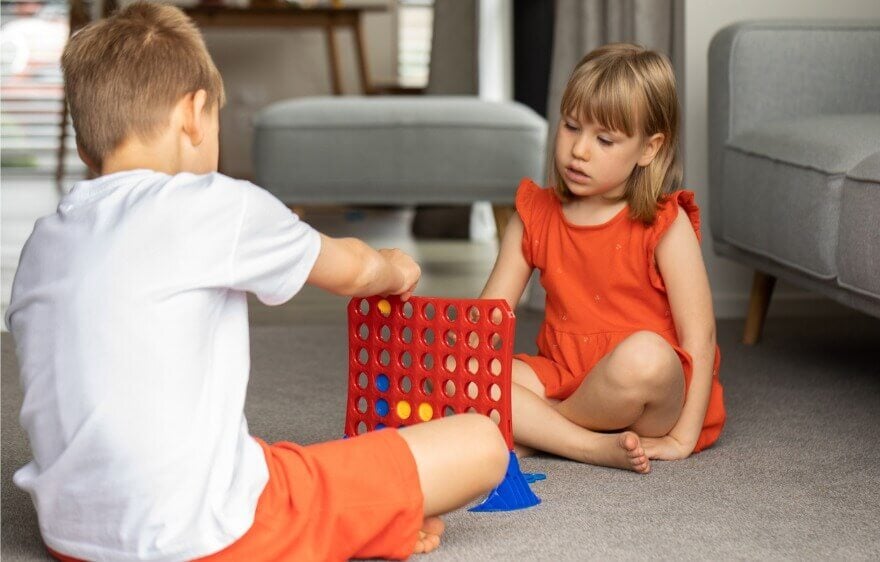
Occupational Therapy Games
December 16, 2024
It’s game time! If you’re an occupational therapist, you know how valuable play can be. Occupational therapy games can make a huge difference in a...

Hand Foot and Mouth Disease
December 14, 2024
Hand Foot and Mouth Disease (HFMD) is a common illness among young children. Known for causing fever, rashes, and painful mouth sores, HFMD can be...
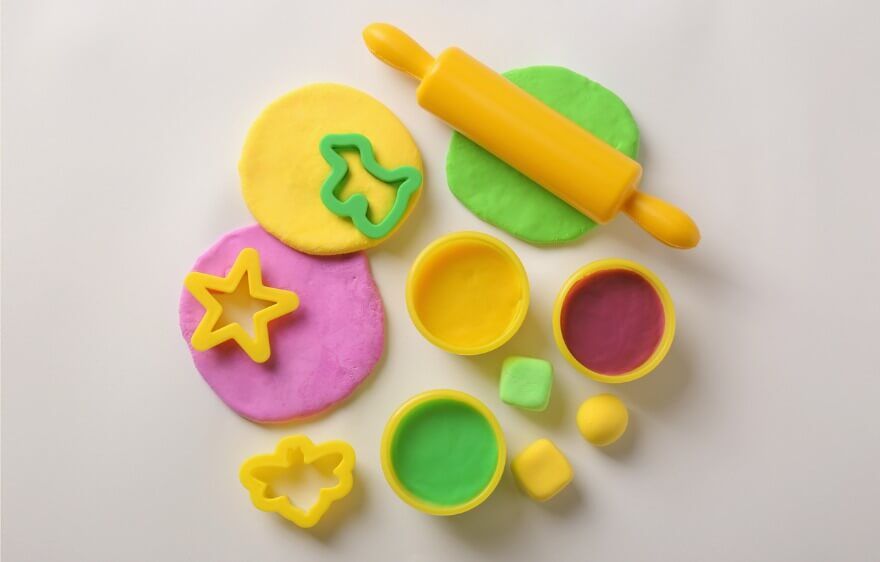
Occupational Therapy Toys
December 12, 2024
Occupational therapy toys are tools of transformation, turning each therapy session into an opportunity for growth, exploration, and, most...
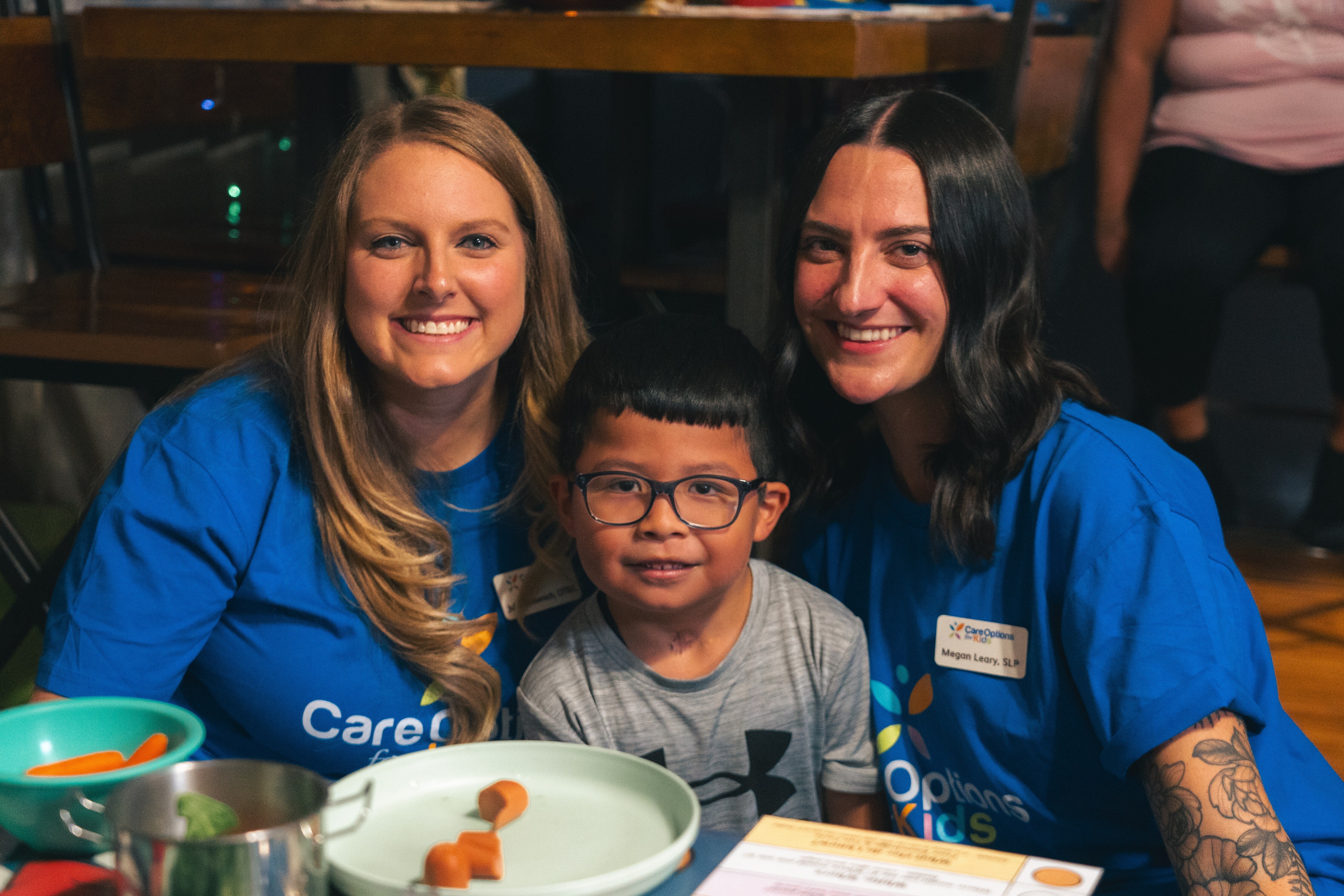
Patient Success Story | Noel
December 11, 2024
Background Noel was born with Klinefelter syndrome, a genetic disorder in which people assigned male at birth have an additional X chromosome in...

Best Compression Socks for Nurses
December 10, 2024
The 14 Best Compression Socks for Nurses: Support for Long Shifts Nurses know that every shift brings new challenges — from providing one-on-one care...






